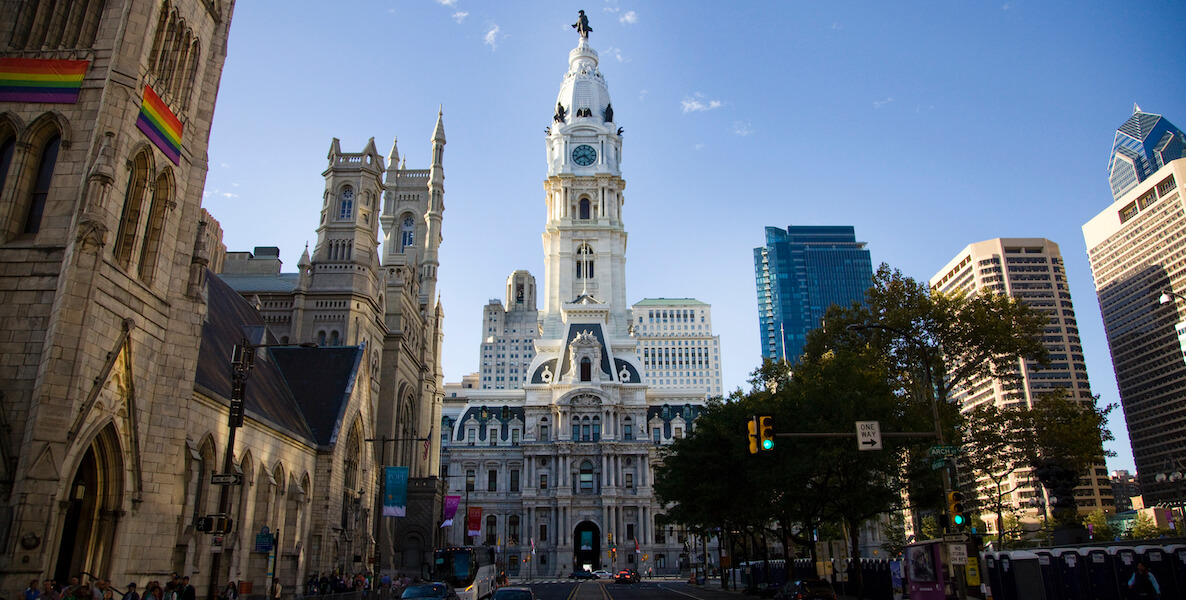![]()
He was, in essence, taking government back for the people, leading us into a new era of openness and fair play—and the document he forged reflected those values.
Seven decades later, the Charter has become a bloated, out-of-date document of a bygone era, one that no longer resembles the city we are, or want to be.
That’s why, this time last year, we launched The Citizen’s Charter Commission, an initial foray into rewriting the 200-plus page document so it can be a tool for creating a more robust, equitable and easy-to-navigate city. The aim was to lay the groundwork for a wholesale rethinking of the city’s charter, inspired in part by the New York City Charter Commission that in 2019 put on the ballot, and had approved by voters, several important changes to that city’s governing document.
To get us started, along with Drexel University’s Politics Department head Richardson Dilworth—grandson of the former mayor—we partnered on a class made up of 20 students and Citizen readers for a deep dive into what makes an urban citizen, and how our city’s governing document should speak for and to them.
![]()
We asked the students to consider how the Charter should be adapted to our age:
Should we scrap the whole thing and start over? (No, from most, who took to heart Atwood’s caution that doing so would erase our history and risk our making the same mistakes again.)
What are the most pressing issues that need to be addressed?
How do we reflect who we are today in a document that also must speak to future generations?
What they came up with were recommendations that ranged from simple to radical to oddball, but that all spoke to the most important question our Home Rule Charter should answer: What are the values and principles we hold dear as citizens of the city of Philadelphia?
Here’s a sample of the ideas for changing Philadelphia’s Home Rule Charter as it pertains to City Council, voting, fighting corruption and more.


